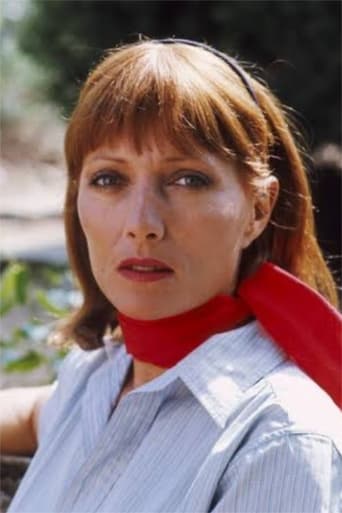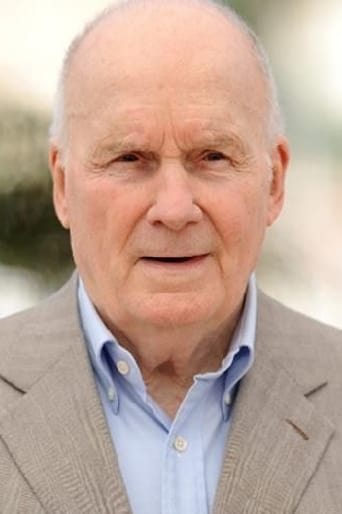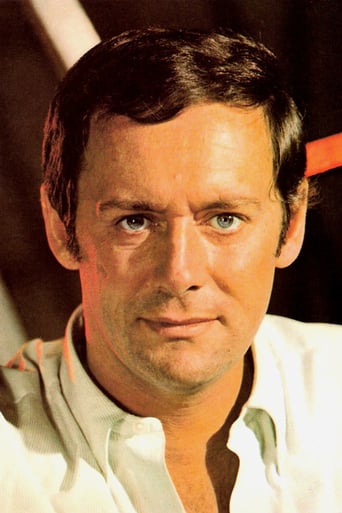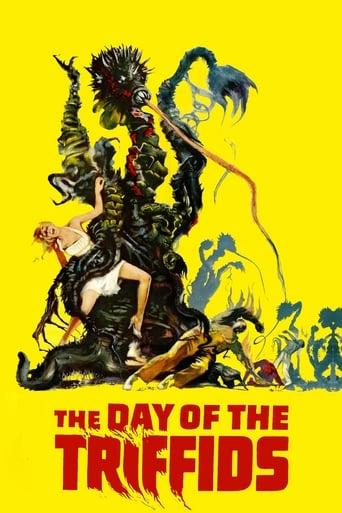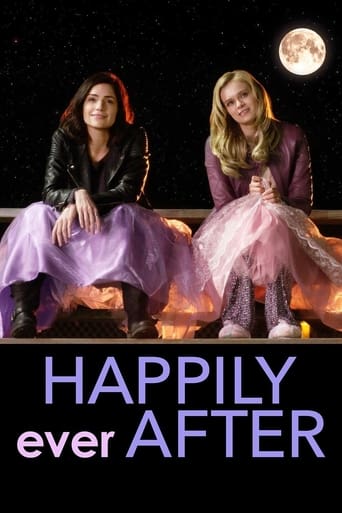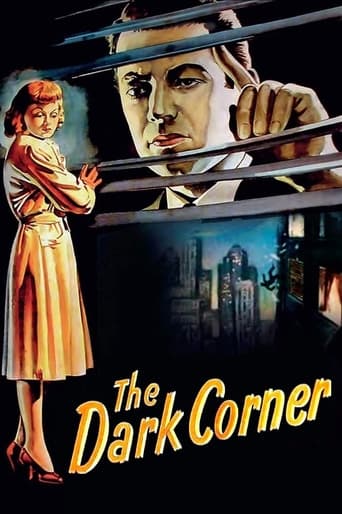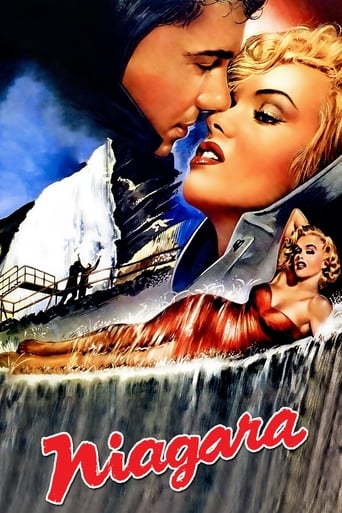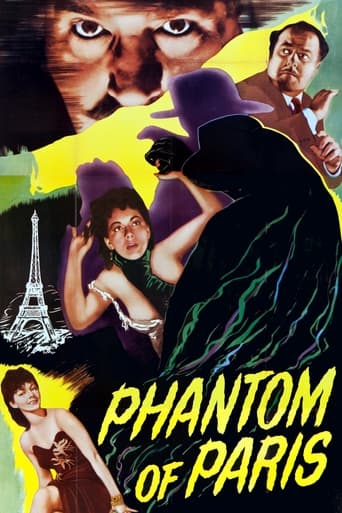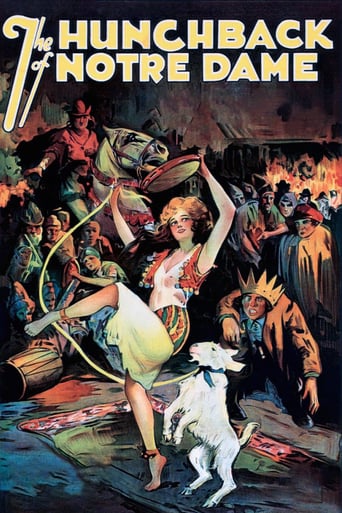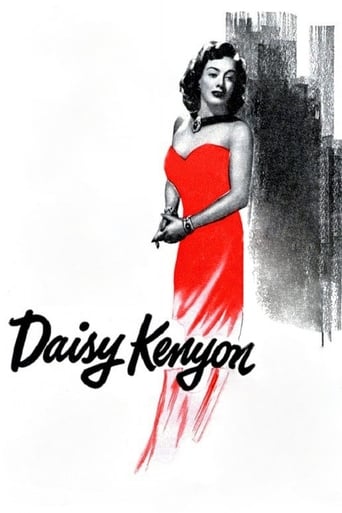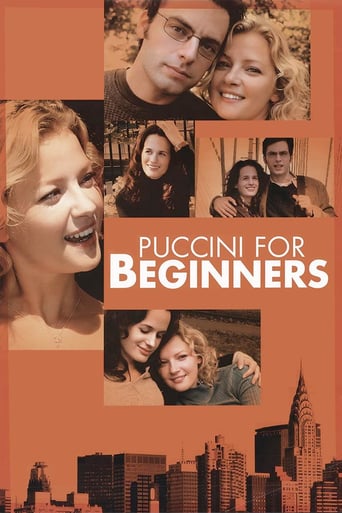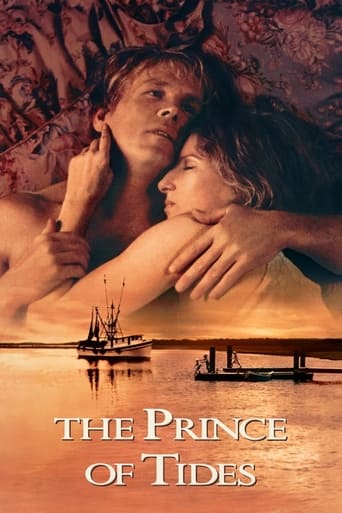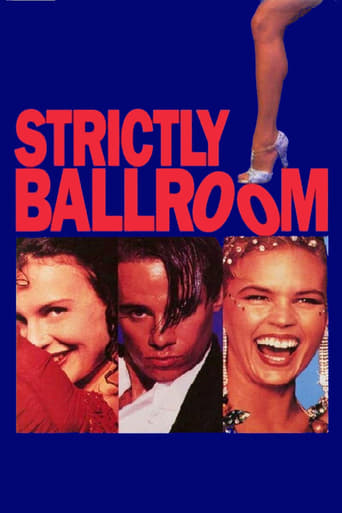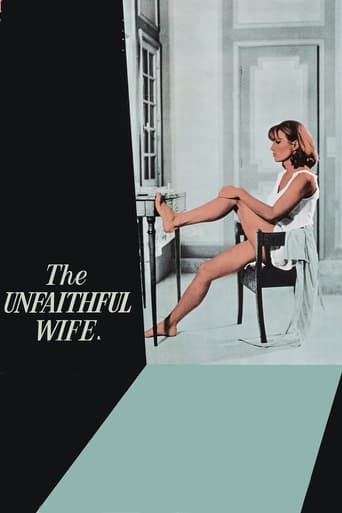
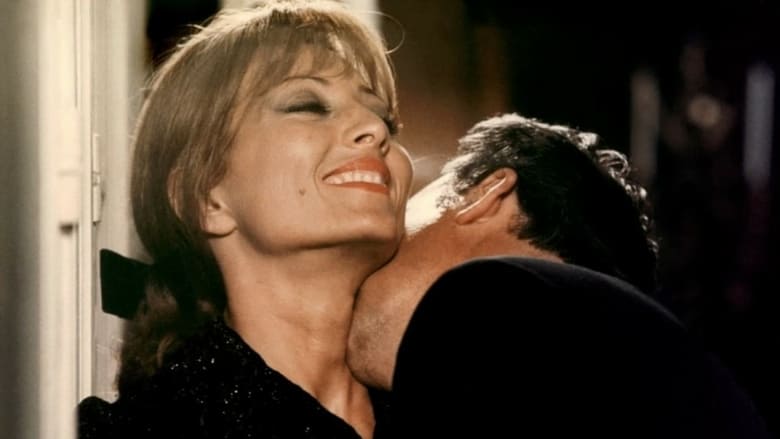
The Unfaithful Wife (1969)
Insurance executive Charles suspects his wife Hélène of playing the field, so he has a private detective locate his wife's lover, author Victor Pegala.
Watch Trailer
Cast
Similar titles
Reviews
I love this movie so much
Too much of everything
How sad is this?
Instead, you get a movie that's enjoyable enough, but leaves you feeling like it could have been much, much more.
"La Femme Infidele" (aka "The Unfaithful Wife") is a psychological thriller that charts the course of events that follow after the passion is lost from an otherwise happy eleven-year-old marriage. Suspicion, betrayal and jealousy create a cocktail of emotions which eventually become totally uncontrollable and lead to a violent incident that changes the couple's lives forever. The fact that their feelings are constrained within certain parameters (which are imposed on them by their middle-class sensibilities), creates the powerful tension which is such a strong and consistent feature of this movie.Charles Desvallees (Michel Bouquet) is a wealthy businessman who lives in a beautiful château near Versailles with his wife Helene (Stephane Audran) and their son Michel (Stephane Di Napoli). Outwardly, they appear to be a happy family but some of Helene's actions lead Charles to suspect that she may be having an affair and so he employs a private detective to investigate. After the detective reports that Helene is involved with a divorced writer called Victor Pegala (Maurice Ronet), Charles decides to visit his wife's lover at his apartment. The two men initially converse in a very calm and friendly manner but as the evidence of his wife's infidelity becomes increasingly vivid, Charles' emotions overwhelm him and he strikes Pegala with a heavy ornament and kills him.Following the incident at Pegala's apartment, Charles and Helene maintain their appearance of normality but there's also some evidence that they're beginning to unravel. The developments that follow unfold in a style which is both surprising and fascinating, not least because of what they reaffirm about the couple's relationship.One of the pleasures of watching this movie is seeing the way in which so much of what's going on happens without ever being spoken about. Helene never actually mentions her frustration, her adultery or the fact that she finds evidence of Charles' crime and Charles never talks about his suspicions, his crime or the depth of the pain that he obviously experiences as a result of being betrayed by his wife. Similarly, all the emotional turmoil is routinely masked by an air of tranquillity because maintaining a veneer of normality is so important to people of their social standing.In a film that's as subtle and cerebral as "La Femme Infidele" the demands on the actors are considerable and the fact that Bouquet and Audran convey so much so successfully without being able to talk about their thoughts and feelings emphasises just how talented they are. A real high point comes in a scene close to the end where Stephane Audran's subtle smile very economically speaks volumes about what she's thinking and feeling at that time. This is just one example of the top class acting that contributes so much to the success of this movie which really needs to be seen more than once in order to fully appreciate it.
The two characters primarily involved in Claude Chabrol's 1969 French thriller The Unfaithful Wife have, at least at the beginning, rather an idyllic and somewhat pleasant set up in their lives. When we first encounter them, we see both the husband and titular wife with their rather extended family in a large garden on a warm, sunny and welcoming day; the tone of the exchanges polite, the activity nothing out of the ordinary nor needlessly extravagant. The opening shots of such imagery are quite crudely broken up by a blurred effect which drowns the screen of its focus, the ideal family unit itself thus becoming difficult to firmly latch one's eyes onto; the credits begin, some rather harsh and somewhat official looking credits that scroll upwards in a military manner whilst some distorting piano music plays overhead. It's a fleeting few minutes or so of idealism in-between such a sequence, the film going on to form a superior mediation on human behaviour masquerading as a causality thriller as paradise is rendered corrupt and peeking beneath the surface of the upper-classes reveals deception and titular unfaithfulness.The film is unrelentingly fascinating, a piece never for more than a few seconds ever in the slightest bit uninteresting; a grim and somewhat bleak study how love, anger and victimisation brew together to create a cocktail of violence and anguish and how that in itself can come to forge a relationship which was never initially set in stone. The film's methodical lead is Michel Bouquet's Charles Desvallees, a lawyer with his own office located in a small enough building amidst the bustling Parisian streets away from the large, more ruralised country house in which he lives with his family. The family, of which, is made up of the titular wife, a certain Hélène (Audran) who's about the same age as her husband and is the mother to young son Michel (Di Napoli). The warm and welcoming day in the garden spent with Charles' mother and Hélène's in-law turns into evening, Charles' verbal illustrating of various plans he would like to have happen the following day involving both he and Hélène out and about doing things are shot down with casual reasons which excuse Hélène from attending. As they sit and observe a television broadcast later on during the evening, the signal begins to break up and the machine ceases to function as well as it might, thus further insinuating a breaking down of communication of an operative item and echoing their marriage.At work, and aside from Charles' rich circle of friends and busy schedule, he observes through young female secretary Brigitte (Turri) the very essence of temptation. His suspicion brought about by his wife's behaviour, and Chabrol's own channelling onto the audience of signs and notions towards an upsetting of a paradise-like set up or the malfunctioning of a working order, beginning to resonate. Desperate, as thoughts; feelings and drama all at once clinically escalate, Charles darts to the nearest payphone to call a place of business Hélène said she'd be; the piano music from earlier only suggesting at something seriously wrong with what idealism we were seeing beginning to pipe up again to form the overlying soundtrack to the news she is not where she said she'd be.The painful inevitable is confirmed when a private detective Charles hires reveals to him the truth; that Hélène is, in fact, having an affair and with a writer named Victor Pégala (Ronet) based not so far away. The film allows Charles a moment you sparsely see in today's age of thrillers; a moment of contemplation that has him stand beside a river flowing through the urbanised locale in which the reveal was announced so as to merely look across to the other side of it, digesting what it is has been exposed to him. It is around about here in the film that Chabrol applies a gear change so dramatic and so effective that it propels the piece beyond its combined brooding roots of paranoia and suspicion and into an echelon of unpredictability; horror and human emotion in its some of its rawest forms. In short, the switch in tone and content works remarkably; the film coming to have Charles journey to the man and see him.The film's causality infused thrills and scares following the venturing into the territory it goes near does nothing to distract the film from its overall tract; it is a film that is able to evoke just as much an on-edge reaction from its audience following a character's glance or nervous facial reaction as it can from a minor car accident. Chabrol's capturing of some of the interplay towards the conclusion as two people are forced into hiding varying secrets from both one another and the police is fascinating, and the film does not loose sight of son Michel's role as the picturesque representative of innocence caught up amidst all this and made to suffer out of others' ill-gotten decisions. Chabrol's overall ending is decidedly bleak, but his conclusion that the two we examine whom previously appeared to fall away from each other only to reconnect when some sort of duality was established, is dangerously uplifting given the sorts of events which aided in this and the actions the lovebirds undertook; all of it combining to form a superior thriller of an immensely sophisticated ilk.
Yet another one of Claude Chabrol's slow, dark, deceptively calm psychological / crime thrillers, and as these things go, "La Femme Infidele" is probably one of his most successful efforts. There is one sequence in particular, the confrontation between Michel Bouquet and Maurice Ronet, that is absolutely riveting cinema - it will have you holding your breath. And there is also an amusing homage to Hitchcock (the car accident - jammed trunk scene). Bouquet is superb in this film - he maintains a friendly, calm exterior most of the time, but you can see that there's a whole range of emotions hidden behind it. Stéphane Audran looks great (those legs!), but her best scene comes near the very end: a long tracking shot that follows her and focuses on her face as it takes a "Mona Lisa"-type expression, with just a hint of a smile. I do have three objections about the film: 1) The title leaves little doubt as to how "fidele" "la femme" really is; the first 30 minutes might have played even better if we were less certain that Bouquet's suspicions weren't mere paranoia, 2) Audran's affair is not very developed, and her marriage does not look dysfunctional enough for her continued infidelity to be in some way justified; 3) The last shot is technically beautiful, but very inconclusive; personally I think the film should have ended one scene earlier. For an even more twisty-turny variation on a similar scenario, check out Chabrol's "Innocents With Dirty Hands". *** out of 4.P.S: Brigitte the secretary is hot as hell!!!
'The Unfaithful Wife' is really about a faithful husband, who will kill to save his marriage. This kind of fidelity is a chilling exercise of power - the film's many point-of-view shots are mostly his - with adultery a rebellion, a bid for freedom that must be crushed. It's not enough that Charles uncovers his wife's lover, he must sit on the bed they make love on, drink the same drink...Chabrol's most perfect film, where character inertia is expressed in blatant artifice, both in the home and in 'nature'; where a materialist filming of materialists conceals an austere spirituality, embodied in those Fateful policemen. Like his namesake Bovary, Charles sleeps when his exquisitely beautiful wife offers herself to him. He deserves what he gets.
